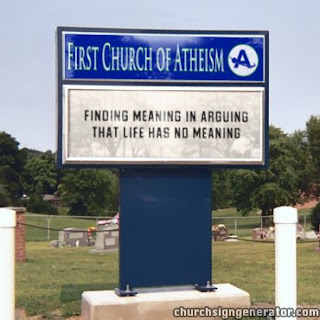Put off Meeting Your Maker by Visiting Him Regularly: The Benficial Effects of Attending Church on Health
This relates to my recent posts on some social benefits of Christianity in the U.S., which were prompted by a commentor who argued that Christianity offered nothing based on his dubious representations of social science data. In this post, I look at the relationship between attendance at religious services and health. First, to launch things off, I start with a quote from an article in the Southern Medical Journal : The beneficial effects of church attendance on all-cause mortality rates is the most solidly established positive effect on religion and health. "Methodologic Issues in Research on Religion and Health.” 2004, vol. 97, no. 12, pp. 1231-1241. This issue of the SMJ contained a number of articles on the relationship between religion and health. Next, the above-referenced issue of the SMJ contained a helpful review of related studies, "Religious Involvement and Adult Mortality in the United States: Review and Perspective." 2004, vol. 97, no. 12, pp. 1223-1230....
